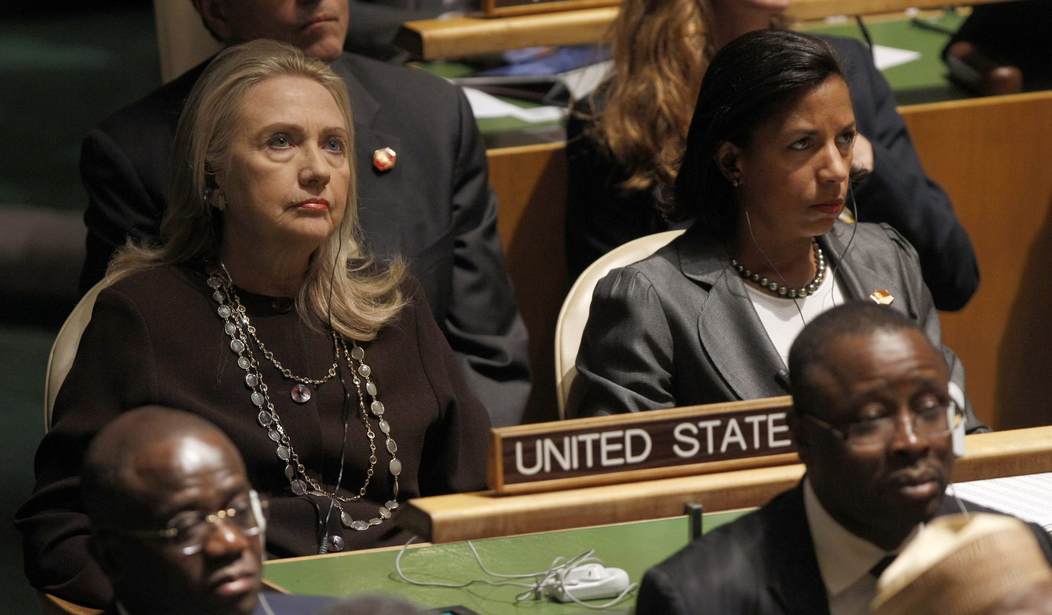Back in February, I wrote:
So now, like Colonel Mustard with a lead pipe in the library, pieces have come together: this has to have been authorized under the Obama administration, by someone pretty high up (or else they wouldn’t have access to the compartmented information), and leaked by someone pretty high up, also, almost certainly, either a civil service permanent employee held over from the Obama administration or a political appointee very high in the intelligence community. One who was pretty confident they also have friends in high places.
So what’s the news this weekend? Starting on Friday, Adam Housley — who’s a much better political reporter than he is a science reporter — reported that sources were telling him that a “very high up” official had authorized the unmasking of the names of people in the Trump campaign and transition team who had been somehow intercepted. A bit later, Housley reported that the intercepts had not been related to the Russia investigation, and that the unmasking had been politically motivated.
Over the weekend, Mike Cernovich, and today Eli Lake and Housley, reported the “high-level official” was in fact Susan Rice.
Rice is notorious for — among other things — doing the full Ginsberg on all five Sunday morning news shows to claim the Benghazi incident was prompted by an obscure YouTube video.
So, let’s review:
- authorized under the Obama Administration √
- pretty high up √
- confidante of friends in high places √√√√
Susan Rice certainly seems to fit. Of course, the remaining question is who did the actual leaking.
We don’t know that yet, but there are a couple of interesting points here. The first one is that the actual intercepts had been captured for a long time. Some of the leaks were out before the presidential inauguration, and some even before the election, when only people within the Obama administration would have had access.
After Obama’s last-minute changes in the rules implementing Executive Order 12333, this information could have been widely distributed — as was confirmed, then walked back, last week by Evelyn Farkas.
But here’s what strikes me as the really interesting part.
It’s not necessarily illegal for Susan Rice to have ordered the unmasking of people’s names — the law allows for unmasking if there’s an intelligence-related reason to do it. While “we’ve got to get this out or Hillary will lose” might not seem intelligence-related, I suspect that it would be very, very hard to prove in court that there was no intelligence purpose.
Leaking it, however, is definitely a crime — see 18USC793 (under which Hillary Clinton should have been charged) and 50USC1803.
But with the wide dissemination following the 12333 rules change, finding the leaker has gotten much, much harder.
If one were cynical, one might almost suspect the rules change wasn’t so much to enable leaking as it was to make it much harder to determine who had leaked.
The major objection to the FISA Courts all along has been that the FISA process was vulnerable to political exploitation — and the response to that argument has never been stronger than that our intelligence community was far too “honorable” to permit that.
I always believed that of the professional IC — remember, I was in the IC and I still have friends inside. But the weak spot was always the non-professional political appointees. We simply had to trust that they either wouldn’t be that unscrupulous, or at least would be too fearful of being caught.
In the meantime, it’s always traditional to say “I don’t like to say I told you so,” but the truth is, I relish it. I told you so. In February.










Join the conversation as a VIP Member